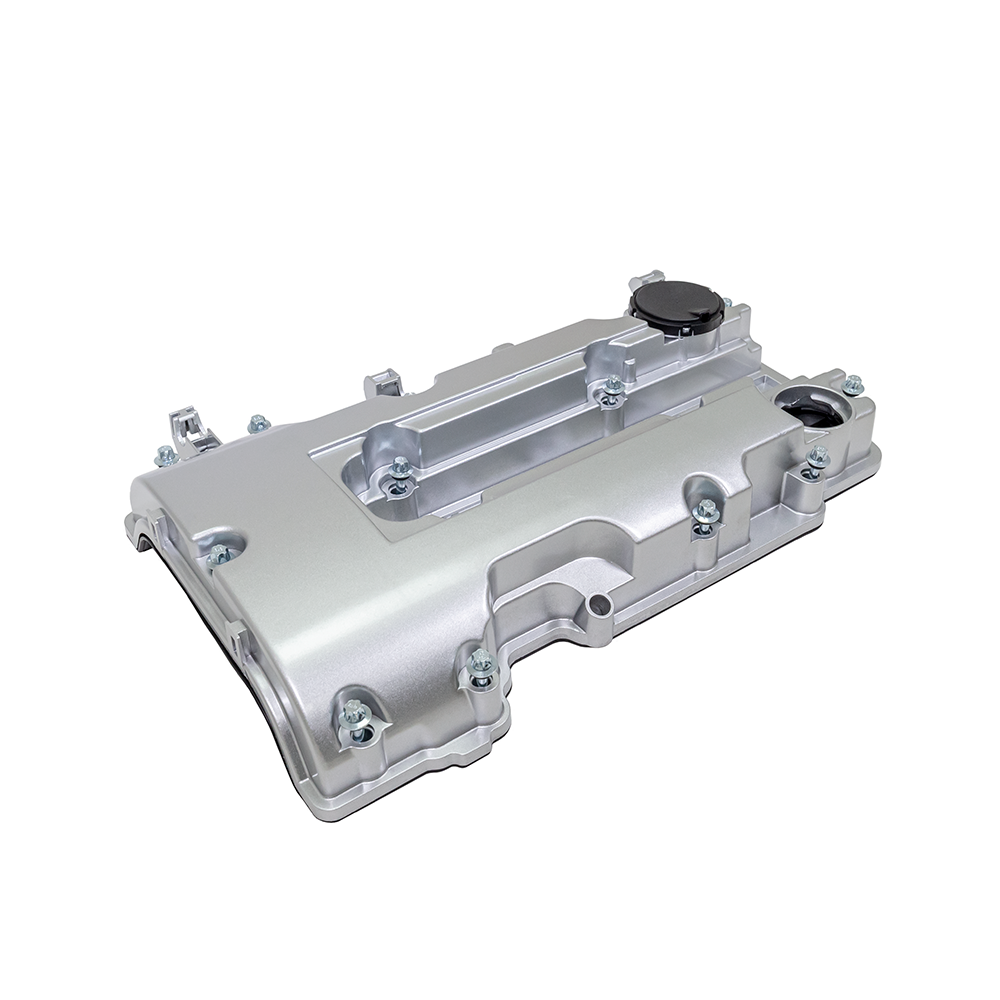I said this in another thread, but it applies here:
“The “plastic” cap on my wife’s Volvo has lasted 21 years and 296,000 miles - so far. A steel cap would have been a rusty mess by now, given our regular salt water exposure.
Composite doesn’t mean cheap, and it doesn’t mean bad. The F/A-18 center fuselage is made out of composite. Holds up to carrier launches, landings, and high G maneuvering.”
Quit thinking of plastic as cheap, or fragile.
In many cases, “plastic” out performs metal. Having flown a “plastic” airplane - plastic can be super strong, durable, and high performance, as long as it’s engineering properly.


